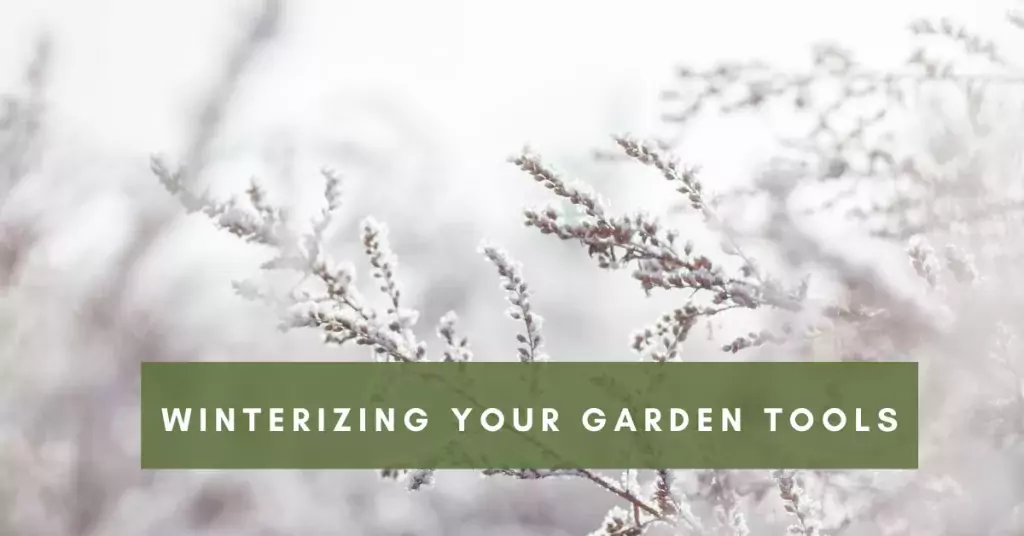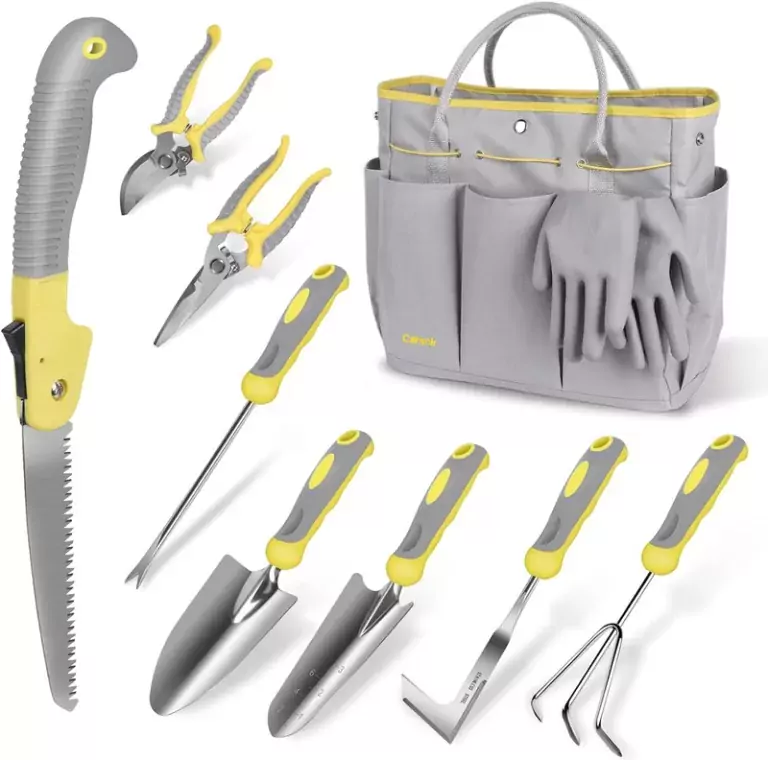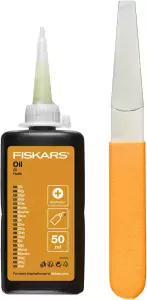As December ushers in the winter chill, it’s the perfect time to shift our focus from active gardening to the crucial task of winterizing our garden tools. Proper maintenance extends your tools’ lifespan and ensures a smooth start when the gardening season returns. This section will delve into the essential steps for maintaining your garden tools during winter.
It’s crucial to address all your garden tools, but focus on those with metal components, such as shovels, pruners, and lawnmower blades. These tools are more susceptible to rust, which can be exacerbated by winter conditions.
Unveiling the Garden Tool Maintenance Ritual
1. What are the maintenance of garden tools?
Garden tools, from shovels and pruners to lawnmowers and hedge trimmers, require careful attention to stay in top-notch condition. Begin by cleaning each device thoroughly, removing any dirt or plant residue. Inspect for rust, and if present, address it promptly. Sharpen blades to maintain efficiency, and lubricate moving parts to prevent stiffness.
2. Can Garden Tools be Stored Outside?
While it might be tempting to leave your tools outside, exposed to the elements, this can significantly shorten their lifespan. Low temperatures combined with moisture may result in the formation of rust and corrosion on your tools.
It is recommended to embrace the best practice of housing your tools in a dry and protected space, such as a garage or shed. If indoor storage is not feasible, consider investing in weather-resistant covers to shield them from the harsh winter conditions.
How Do I Protect My Garden Tools?
Protection is the key to preserving the integrity of your garden tools. Before storing them, ensure they are clean and dry.
Administer a slender oil coating or a dedicated rust inhibitor onto metal surfaces for effective protection. For wooden handles, a coat of linseed oil can prevent cracking. Store tools off the ground to avoid moisture absorption, and invest in a sturdy rack or pegboard for organized and accessible storage.
How Do I Clean My Garden Tools and Equipment?
Proper cleaning is a cornerstone of garden tool maintenance. Begin by removing soil and debris using a wire brush or putty knife.
In the case of persistent residues, immersing your tools in a blend of water and dish soap can yield remarkable results. Once cleaned, thoroughly dry each tool to prevent rust. Disassemble tools when possible for more detailed cleaning.
Garden Tool Maintenance Kit
Assemble a comprehensive maintenance kit to streamline the winterization process. Your kit should include cleaning brushes, a sharpening tool, lubricating oil, rust inhibitors, and protective gear. Regularly inspect and replenish your kit to ensure you have everything needed for timely maintenance.
Having a well-equipped kit at your disposal makes the process efficient and enjoyable.
In conclusion, dedicating time to winterize your garden tools in December is a proactive approach to safeguarding your investment and ensuring a vibrant garden when spring arrives. By following these maintenance tips and creating a dedicated toolkit, you set the stage for a successful and bountiful gardening season ahead.
FAQ
Yes, it’s essential to clean garden tools before winter storage. Remove soil and debris, soak stubborn residues, and ensure tools are thoroughly dry. Cleaning prevents rust and enhances the longevity of your equipment.
While various oils can be used, it’s best to use a specialized rust inhibitor or mineral oil for metal surfaces. Apply a thin layer to protect against corrosion during the winter months.
Disassembling garden tools facilitates a more detailed cleaning process. It allows you to reach hidden areas where dirt and moisture may accumulate, ensuring a thorough winterization and preventing potential damage.
Yes, electric and battery-powered tools need attention too. Remove batteries before storing, clean the tool thoroughly, and store in a dry place. Check the manufacturer’s guidelines for any specific recommendations
While it might work, it’s advisable to use a lubricating oil specifically designed for garden tools. These oils are formulated to withstand outdoor conditions and provide optimal protection for moving parts during winter.



